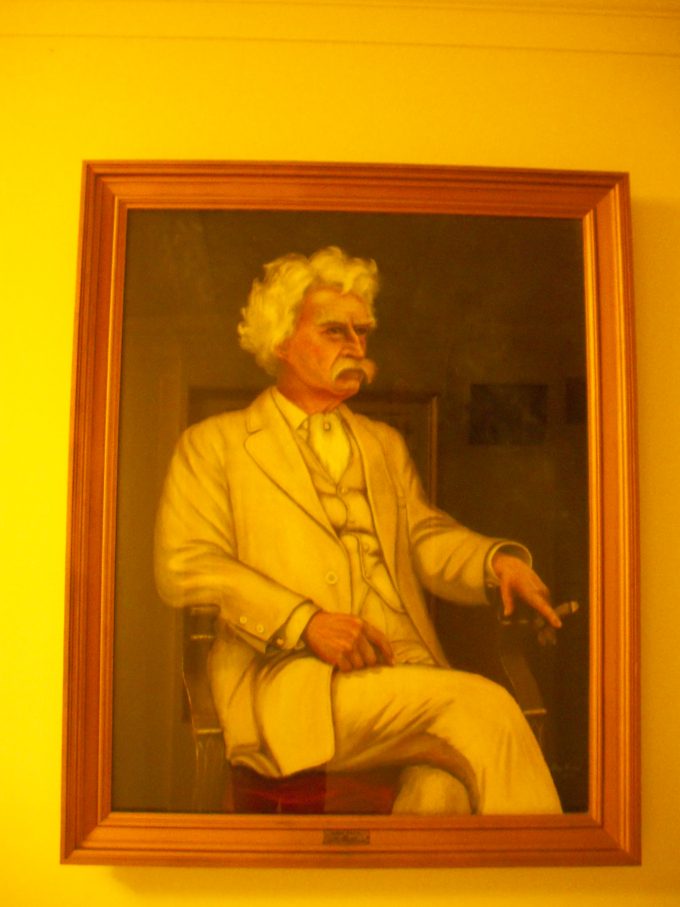
Friday, 8 December 2017
…one who rules his own house well, having his children in submission with all reverence… 1 Timothy 3:4
An overseer’s requirements continue from Paul’s hand here, beginning with the note that he shall be “one who rules his own house well.” Albert Barnes states, “This implies that a minister of the gospel would be, and ought to be, a married man.” That is a giant leap. Some obvious inferences can be made, such as an overseer being a male because it says that he is to be the husband of one wife. However, a single man can have a household as much as a married man. The word oikos means “a house” and is speaking of the material building. That extends to the idea of family which lives in such a building, if applicable. However, it does not necessarily do so.
A single overseer could have a house which is a pig-sty. Thus he would set a poor example of cleanliness and order. He could live with his aged parents, whom he neglects. That would set a poor example. Etc. There is no reason, except as a kick-back against the Roman Catholic policy of single priests, to make such an assumption. Despite this, whether married or single, he is to be one who rules his own house well. The idea of the household of verse 3:2 is returned to and further defined. If an overseer is incapable of guiding his own house well, he is certainly not going to make an acceptable example for others in the church.
Also, the word “rule” tends to make one think of issuing orders and the like. The Greek is a compound word which gives the idea of “standing before,” or better “pre-standing.” It signifies a “pre-set (well-established) character which provides the need model to direct others, i.e. to positively impact them by example” (HELPS Word Studies). For this reason, a word like “maintain” or “manage” may be more suited to what Paul is relaying.
Next, Paul says, “having his children in submission with all reverence.” Using the logic of Albert Barnes (above), this would imply that an overseer would be unqualified if he had no children. Rather, this is a statement of “if,” not “as.” In other words, “If he has children they should…,” not “As he has children, they should…” This is not something hinted at elsewhere in Scripture. As Paul was single, and as he said, “For I wish that all men were even as I myself” (1 Corinthians 7:7), it must mean that he is giving directions for “if” one is married or has children. If this is the case, then the overseer is to ensure he has them “in submission with all reverence.”
If an overseer has unruly children, or those which are irreverent, then how can he be expected to instill in others these same qualities. They will see the behavior of his family and think, “Well, it’s OK for Pastor Peter, he can’t say anything about our own defecto kid.” Eventually, the whole congregation will look at the children of others and realize that there is only dysfunction and a bad end for each of them when their own old age arrives. And as the church is to be the epitome of those in society, how much more will the greater society lean to accept a world full of spoiled miscreants from the example of those in the church.
Life application: Be sure to know how your church leaders live, what type of family members they are responsible for, etc., and then determine if they are meeting the qualifications which are set down here or not. If their homes resemble Animal House on Apostasy Avenue, then what kind of an example will they be to those who see them on a daily basis – both from within and without the church?
Lord, we thank You for leaders of the church who set a proper example in their own lives – as husbands, fathers, and neighbors. Help us to be sure that we know the character of men applying for leadership positions as regards their family and social lives, so that we don’t make the mistake of getting someone who can’t even run his own house! But for those who can, and who lead us in our churches, please send a blessing upon their families so that peace and happiness guides their lives. Amen.




